20 Ağustos 2023 Pazar
Nutrition Recommendations for Diabetic Patients

Since 2013, he has been working as a specialist in Endocrinology and Metabolism Diseases at Anadolu Health Center.
Areas of Interest

Dopamine is a type of neurotransmitter synthesized in the hypothalamus region of the brain. Neurotransmitters, which can be described as the chemical messengers of the body, carry messages from any nerve cell in the body to the next nerve, muscle, or gland cell. This process enables the movement of limbs, activates the sense of feeling, maintains heartbeats, and allows the body to respond to any information received from the environment.

Growth hormone is a hormone that plays a significant role in the development and growth of the body. Secreted by the pituitary gland, this hormone supports the growth of bones during childhood, increases muscle mass, and promotes overall body development. Therefore, a deficiency in growth hormone can affect these important processes. This deficiency can lead to short stature in children and a decrease in energy levels and muscle mass in adults.
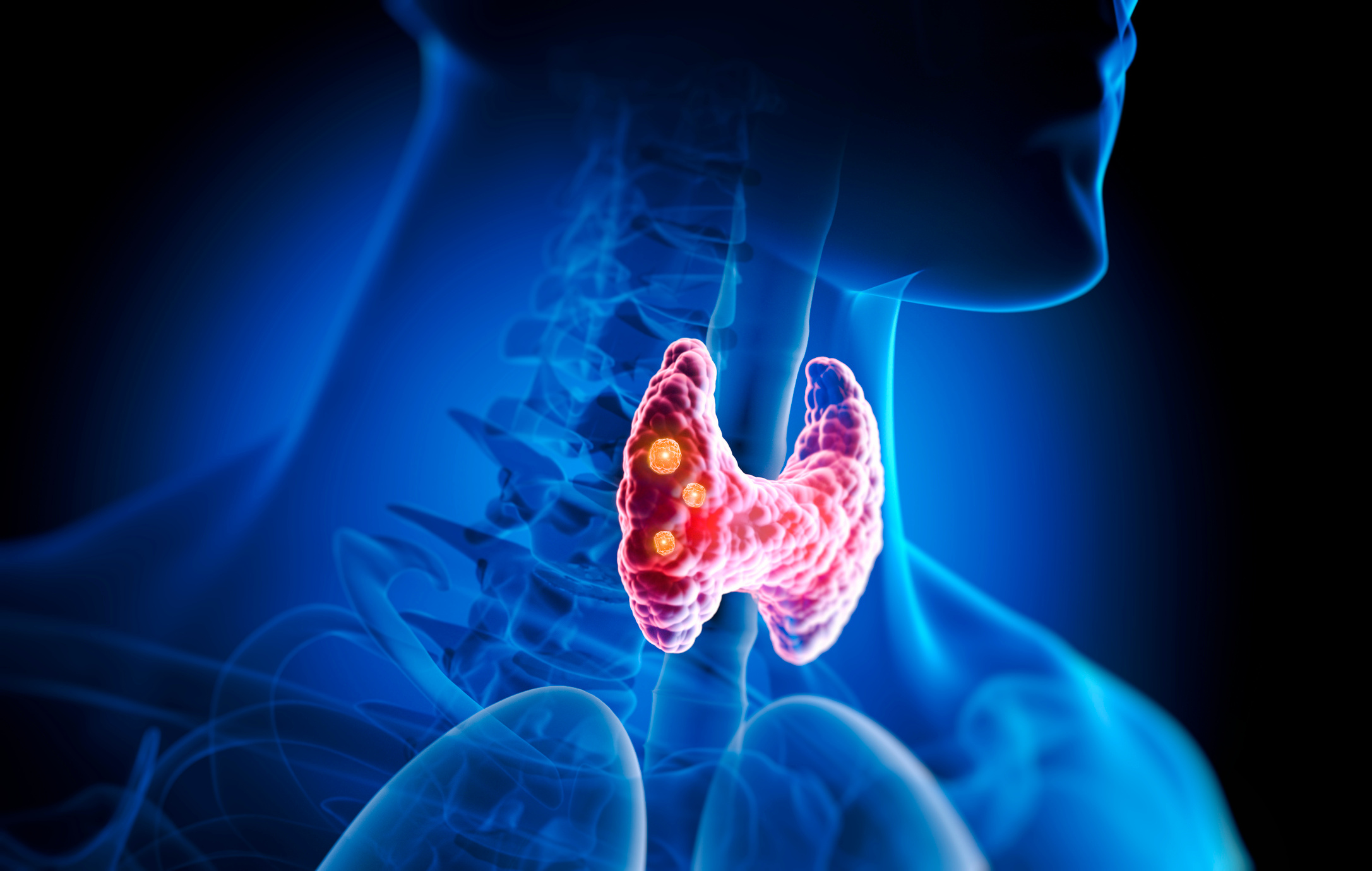
The thyroid gland is a butterfly-shaped organ located at the front of the neck. It is responsible for secreting thyroid hormones, which play crucial roles in metabolism. An underactive or overactive thyroid can lead to significant health problems.
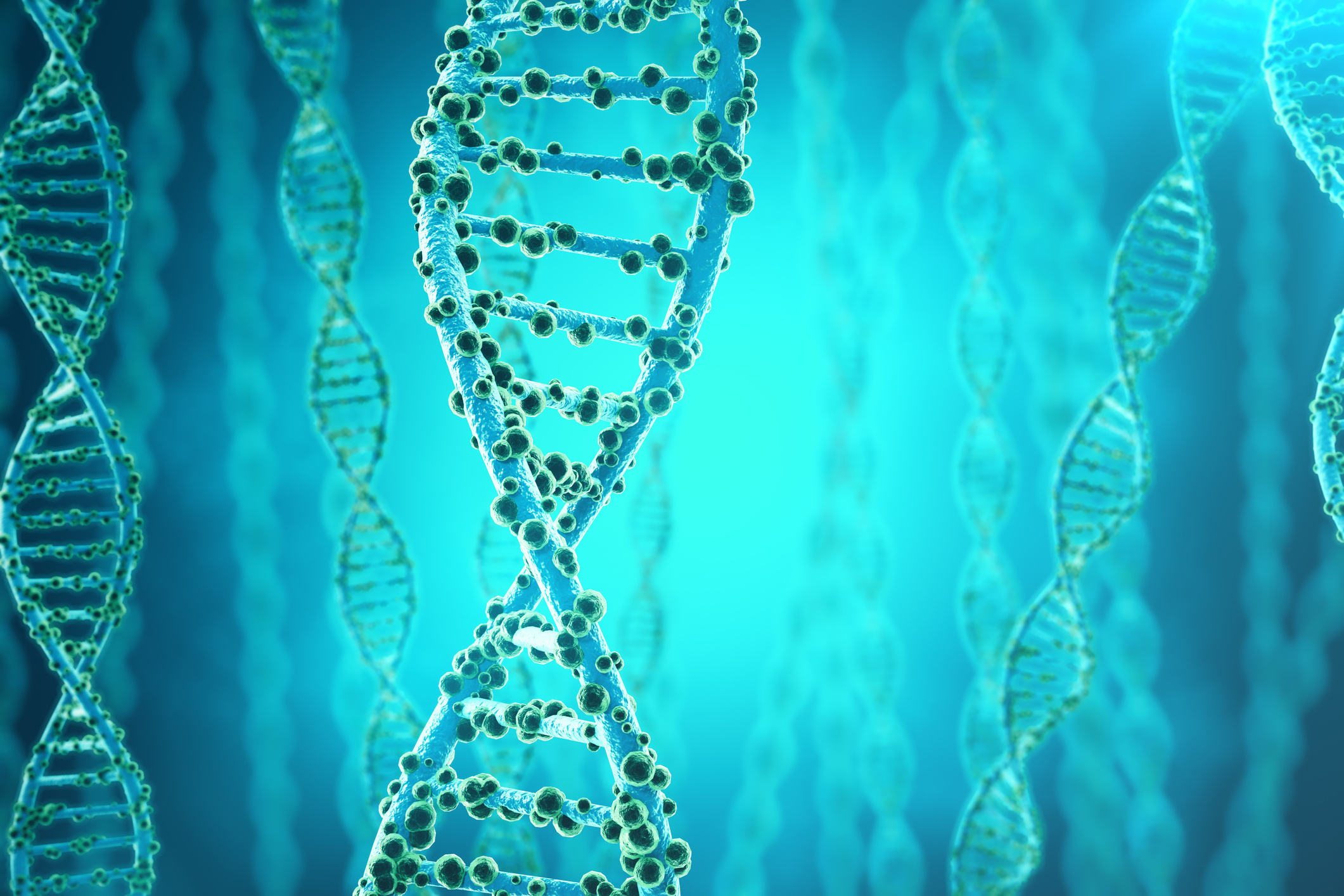
Klinefelter syndrome (KS) is a chromosomal disorder that is one of the primary causes of infertility in men. Also known as 47, XXY syndrome, many cases of Klinefelter syndrome may present no symptoms, which is why men who experience difficulties conceiving naturally may need to be evaluated for 47, XXY syndrome. Answers to questions like "What is Klinefelter syndrome, what are its symptoms, and how is it treated?" and detailed information on this topic are covered in the following sections.
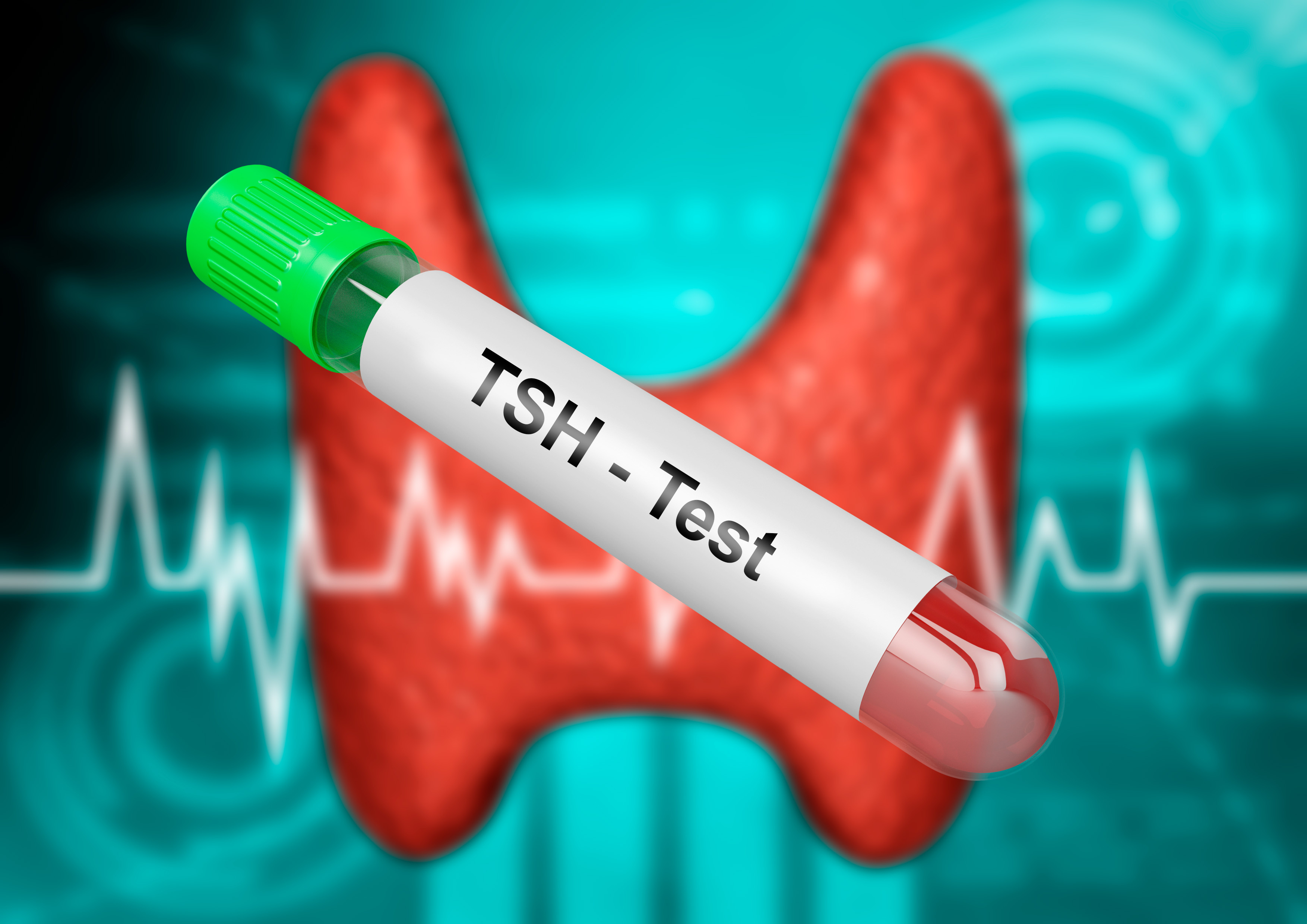
The TSH test is a diagnostic tool that shows how well the thyroid glands are functioning. Detecting whether the thyroid glands are underactive or overactive is crucial for determining the appropriate treatment for the patient. This test can be performed for individuals already diagnosed with thyroid disease for monitoring purposes or as a screening tool to detect thyroid disorders in otherwise healthy individuals.
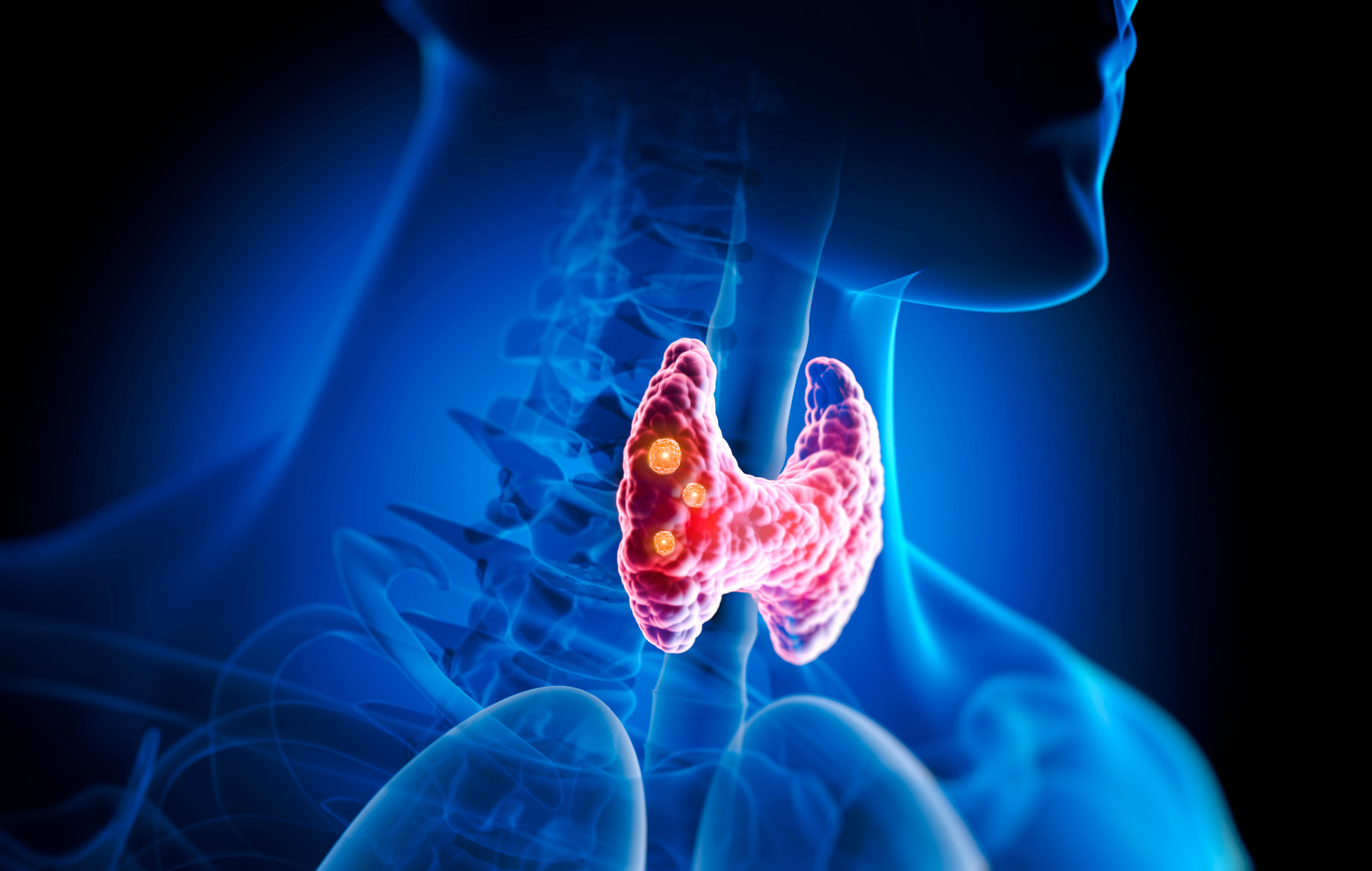
The thyroid gland is a vital hormone gland that plays an important role in the body's metabolism, growth, and development. A steady amount of thyroid hormone is constantly present in the bloodstream, helping to regulate many body functions. During specific conditions such as growth, development, or pregnancy, the body requires more energy. In such cases, the thyroid gland produces more hormones. The thyroid gland is located at the front of the neck, below the vocal cords, and is butterfly-shaped. The thyroid gland weighs between 20 and 60 grams on average and is surrounded by two fibrous capsules. The outer capsule is connected to the laryngeal muscles and many important vessels and nerves. There is loose connective tissue between the inner and outer capsules. Therefore, the thyroid can move and change its position during swallowing. The thyroid tissue itself consists of numerous small individual lobules surrounded by thin connective tissue layers. These lobules contain many small vesicles called follicles, which store thyroid hormones in small droplets. The thyroid gland produces three hormones. These hormones are: Triiodothyronine, also known as T3 T4 Calcitonin Calcitonin, produced by C cells in the body, is involved in calcium and bone metabolism. T3 and T4 hormones increase the basal metabolic rate, making all cells in the body work harder.
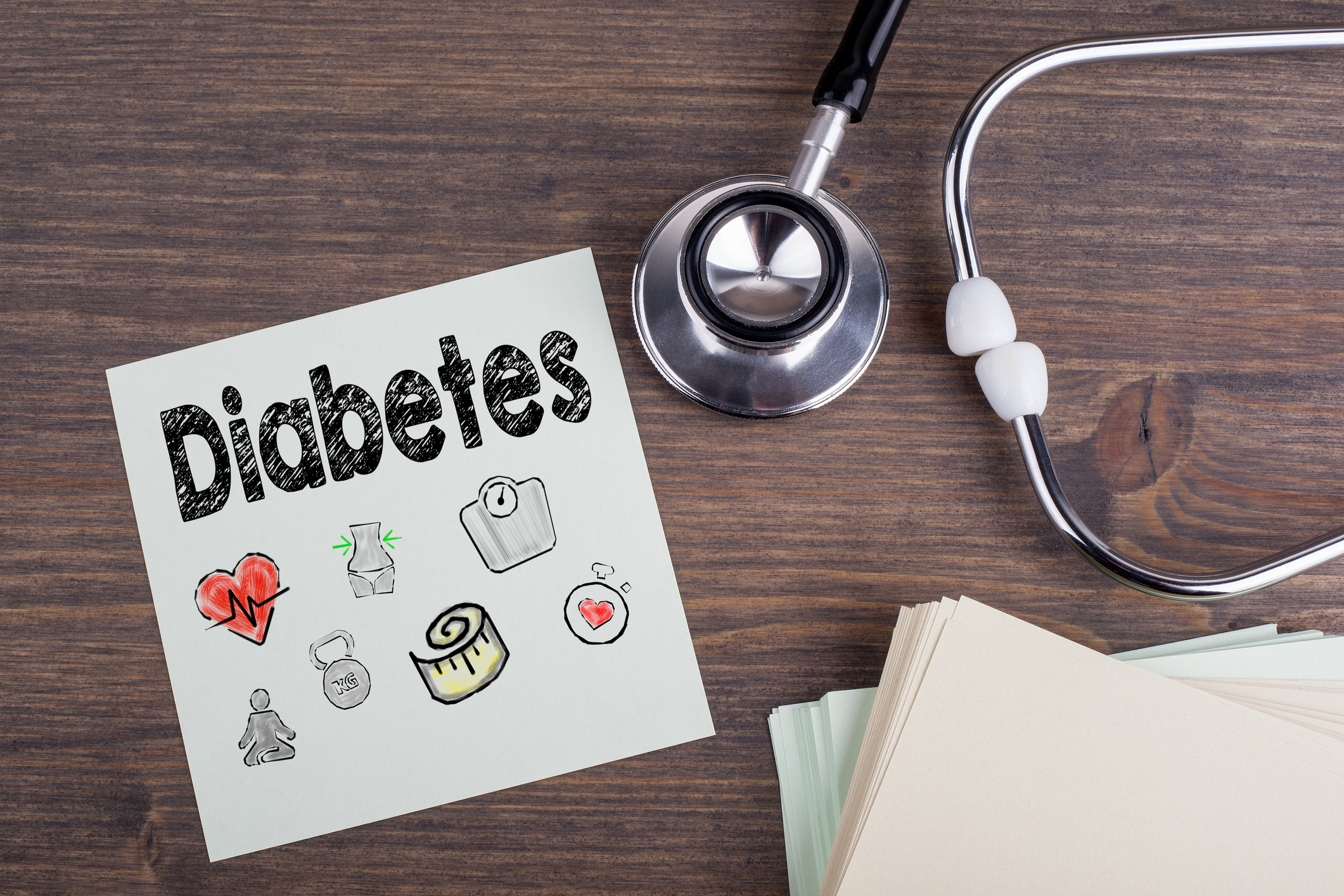
Diabetes, also known as "sugar disease" in the public, is one of the most important public health issues today. According to the International Diabetes Federation, 1 in every 11 people worldwide between the ages of 20 and 79 has diabetes, and this number is expected to rise to 1 in 10 by 2045. With many undiagnosed cases, diabetes affects the organs and vital functions of patients, reducing their quality of life. While there are some rare types of diabetes, it is typically categorized into two types in the community. Type 1 diabetes, often referred to as Juvenile Type, occurs primarily in children and young people. In Type 1 diabetes, there is a dysfunction in the insulin production by the beta cells in the pancreas. Type 2 diabetes is the most common form of diabetes in the population. In Type 2 diabetes, insulin is produced, but there is a problem with its cellular utilization.

Gynecomastia is derived from the Greek words "gyne" (woman) and "mastia" (breast), meaning having breasts like a woman.

What is Insulin Resistance? Insulin resistance refers to a condition where biological processes that should normally occur in response to insulin hormone levels, which may be normal or elevated, do not take place properly. The liver, muscle tissue, and adipose tissue are the primary organs affected by insulin. As insulin resistance develops, the pancreas may produce more insulin in an attempt to overcome the resistance. This leads to a condition known as hyperinsulinemia, where insulin levels in the blood are significantly higher than normal. Over time, insulin resistance can progress to metabolic syndrome or type 2 diabetes (diabetes mellitus) and other clinical conditions. It is estimated that approximately 9% of the global population is affected by type 2 diabetes, which can develop as a result of insulin resistance. Other conditions related to insulin resistance include obesity, cardiovascular diseases (heart and blood vessel diseases), non-alcoholic fatty liver disease, metabolic syndrome, and polycystic ovary syndrome (PCOS).
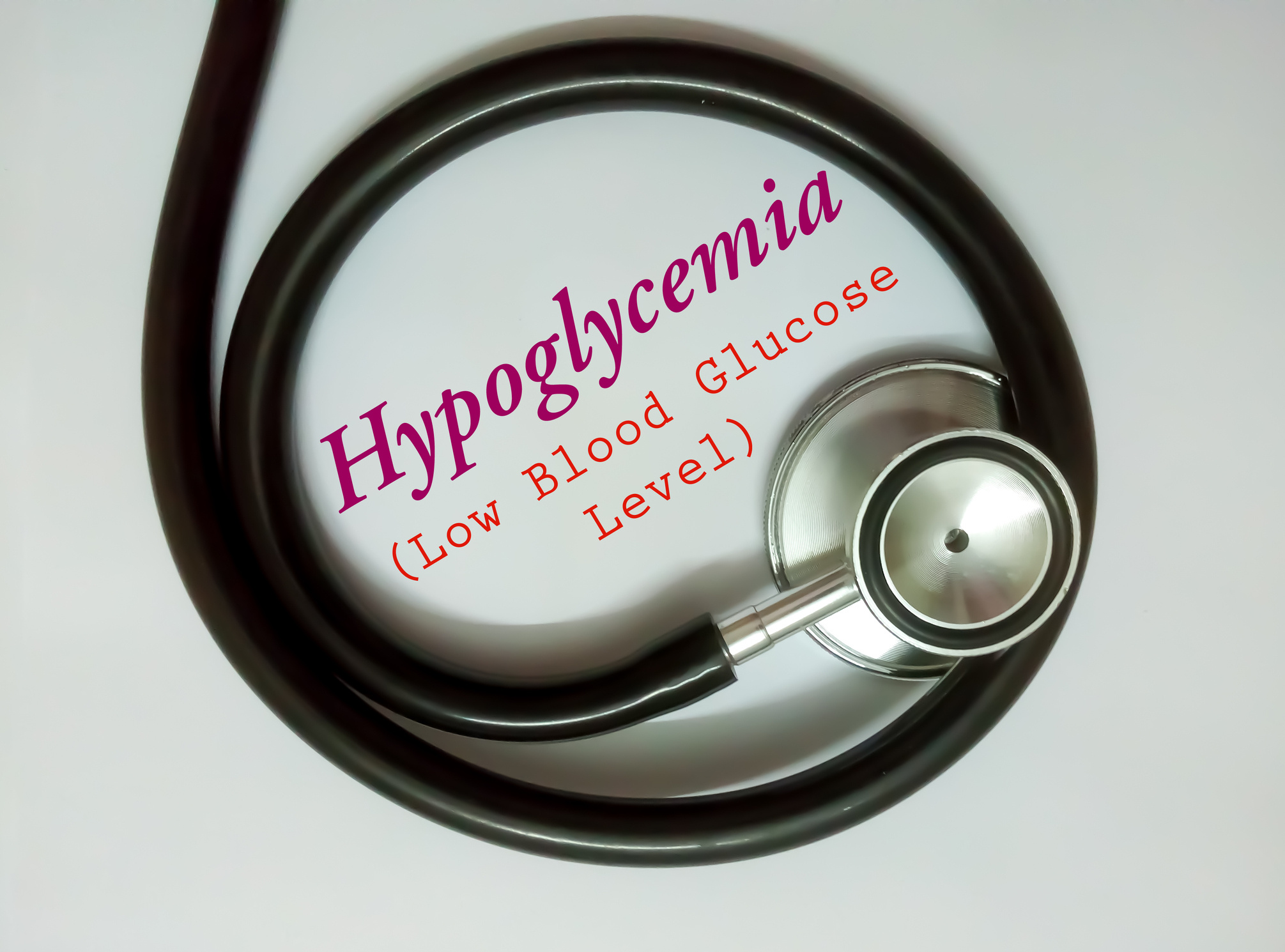
Low blood sugar (hypoglycemia) is a dangerous and important health condition that requires attention. People whose blood sugar drops excessively are often those with diabetes. The cause of this condition is related to the medications used in diabetes treatment, which either contain insulin directly or increase the effectiveness of the hormone.
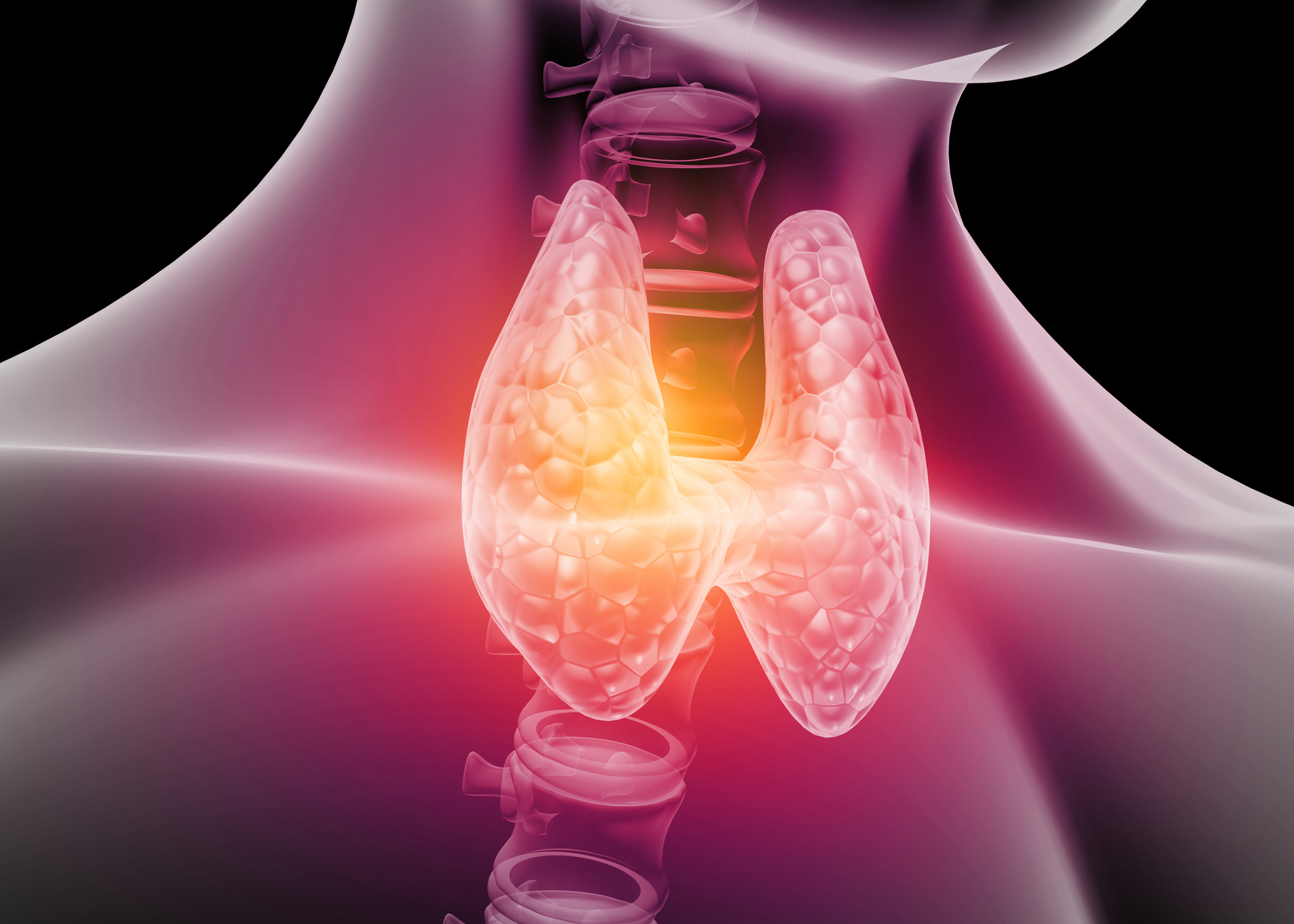
Hyperthyroidism is a condition in which the thyroid gland produces too much thyroid hormone. As a result, your body's metabolism may speed up, leading to unintentional weight loss and rapid or irregular heartbeats, among other symptoms. There are various treatments available for hyperthyroidism. Anti-thyroid medications that slow down the production of thyroid hormones and radioactive iodine may be used. Sometimes, as part of the treatment, the entire thyroid gland or a portion of it may be surgically removed.
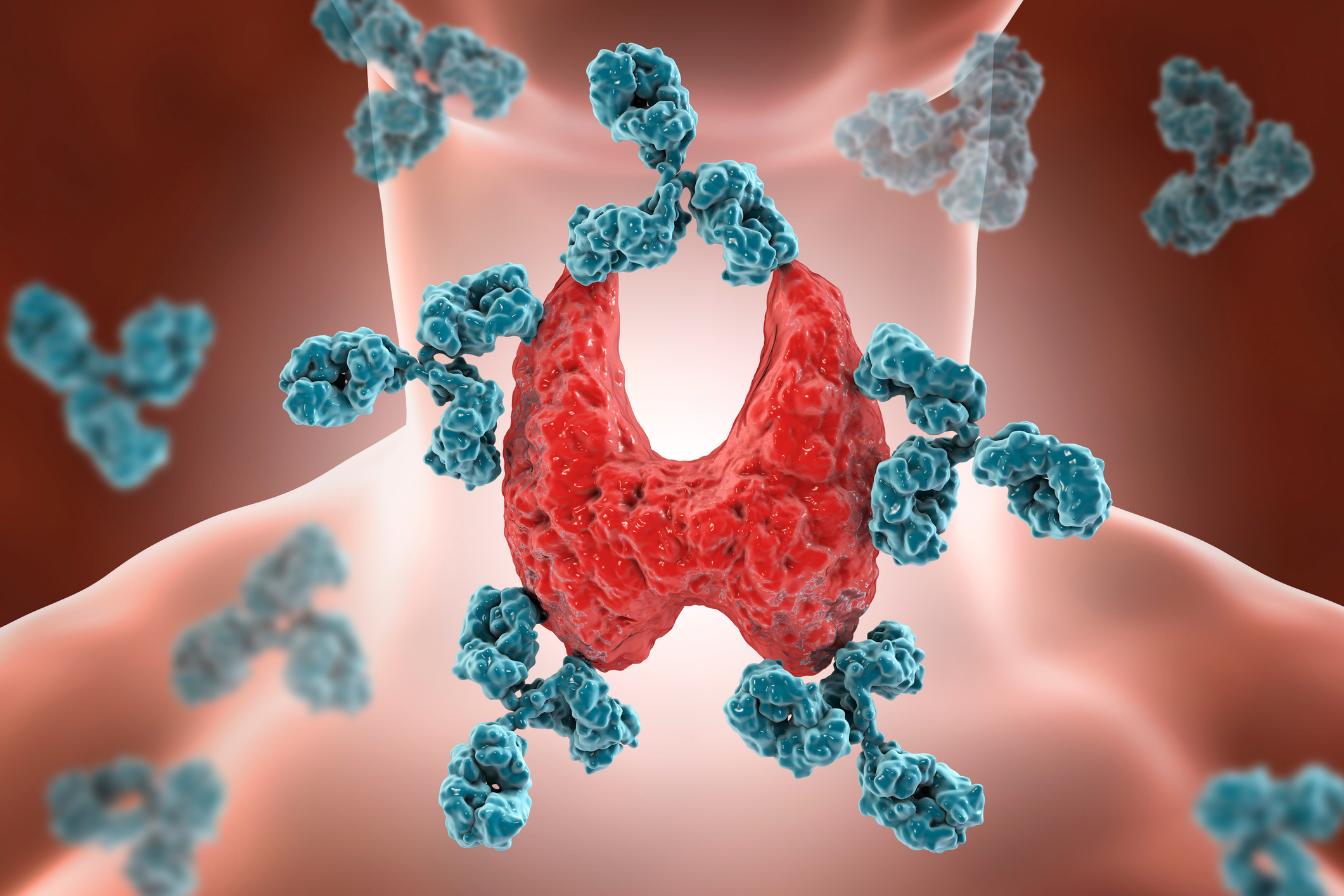
Hashimoto's disease is a condition that affects the thyroid gland. This disease, also known as Hashimoto's thyroiditis, causes the thyroid gland to become underactive.

Hidden sugar is a condition that closely affects the circulation, nerves, and immune system. This is because, if left untreated, it can manifest as Type 2 diabetes. It is often overlooked, especially in children and adults, since it doesn't present symptoms in the early stages. However, with regular doctor check-ups, it can be diagnosed and treated before it turns into Type 2 diabetes. Additionally, people with a family history of diabetes should take preventive steps to manage hidden sugar, as it is important for their health.
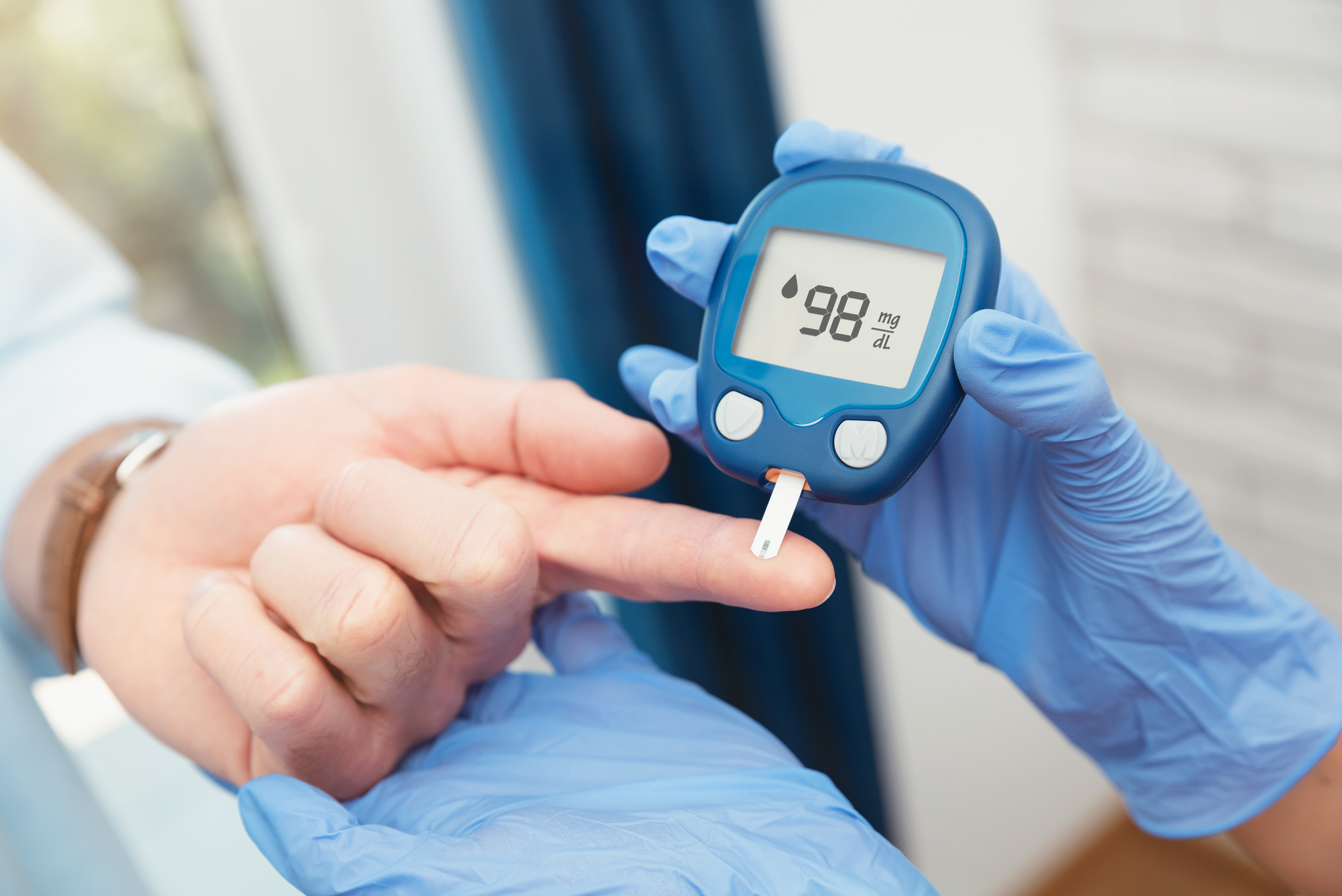
Most people know diabetes as "sugar disease." However, this is only one aspect of it. Simply put, diabetes, known as diabetes mellitus, is a chronic disease characterized by high levels of glucose (sugar) in the bloodstream.

Individuals experiencing night sweats may find that their sheets or pajamas are soaked with water upon waking. Regulating the sleeping environment through various methods is the first step that can be taken to address this issue. In cases where night sweats occur due to an underlying medical condition, it is essential to consult healthcare providers for the identification of the underlying disorder and to consider appropriate treatment options. This condition, referred to as sleep hyperhidrosis, usually arises from manageable diseases, but it can also occur as a sign of life-threatening conditions, making it beneficial to be informed. You can follow the continuation of this article for more information on other topics related to night sweats.
20 Ağustos 2023 Pazar
Nutrition Recommendations for Diabetic Patients

500 times read
Featured Cancer Articles


